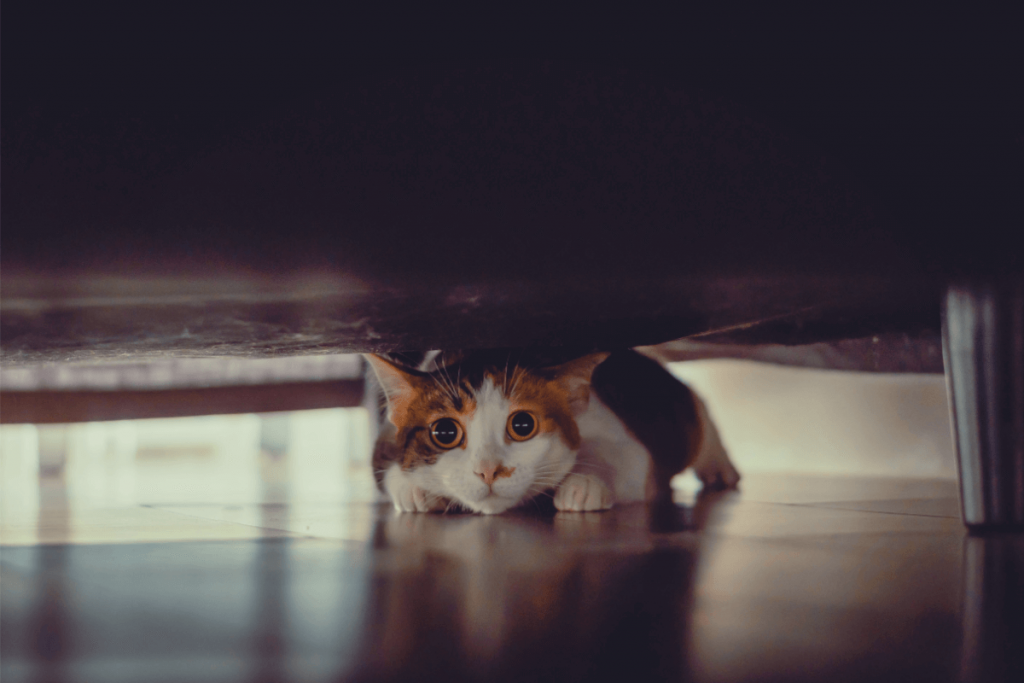When your dog or cat is unwell, it can sometimes be difficult to make that judgment call about when your pet needs immediate veterinary attention. Animals are very good at hiding their pain and may continue to eat, drink or act normally even when they are ill.
There are a number of symptoms that can quickly become an emergency, so it’s important that you know the warning signs to watch out for in your pet.
Persistent vomiting or diarrhoea
While many pet owners will dismiss vomiting or diarrhoea as a simple tummy upset, it’s important to monitor your pet closely, and not dismiss these symptoms as being “normal” behaviour. If your pet experiences a few vomits or loose stools in a short period of time and recovers well, then they most likely need a bit of rest, and a close eye kept on them for any other signs of illness or deterioration.
Persistent diarrhoea or vomiting, or the additional symptoms of loss of appetite or reduced urination can be a sign of a more serious illness, and an emergency vet appointment for your pet is required.
Breathing difficulties
Panting or rapid breathing is an expected response for dogs after exercise, excitement, or during particularly hot weather. However, breathing should return to normal once your pup has had a chance to rest and cool down.
If your dog or cat is breathing heavily, making unusual noises, or breathing quicker than usual, then this is an emergency, and you should take them to the vet as soon as possible. Breathing difficulties in a pet can quickly become a life-threatening emergency if no action is taken.
Change in eating or drinking habits
If your cat or dog suddenly changes their eating or drinking habits, it’s important not to assume they’re being fussy. Stopping eating, or a sudden reduction in appetite could be a sign of a serious underlying medical issue. Dental disease, thyroid issues, kidney diseases, gastric ulcers and anxiety can all lead to your pet becoming reluctant to eat.
A sudden change in water consumption – whether it be excessive drinking or reduced interest to drink, can also be a possible warning sign for illness or disease. If excessive thirst isn’t due to exercise or warmer weather or lasts longer than a day, it could be due to diabetes, kidney disease or another health problem. A disinterest in drinking water can also be concerning and is often accompanied by a reduced appetite.
Sudden unusual behaviour

Unusual behaviour can also be a symptom of underlying health issues. If your pet is behaving in a manner that is out of character – such as acting aggressively or hiding away all of a sudden – this may be a sign that they are in pain. It’s important that any sudden change in behaviour is checked out by your vet, so they can rule out any illness or injury that may be causing your pet’s actions.
Lethargy
Sometimes heat, ageing joints and overactivity can cause your pet to become more tired than normal. However, when this persists for more than one day, or if you have a puppy or kitten, then it’s important to seek veterinary advice. Lethargy can be an indication that your pet is in pain or is affected by illness.
Don’t wait until it’s too late
Many serious illnesses and diseases can be treated successfully if diagnosed early enough. Unfortunately, we sometimes see animals after they have experienced some of the above warning signs for a number of days, and this reduces the effectiveness of medication, surgery or other treatment options.
If you are ever concerned about any symptoms that your pet may be displaying, please call our Gawler East small animal vet clinic on 08 8318 1801 for assistance.



